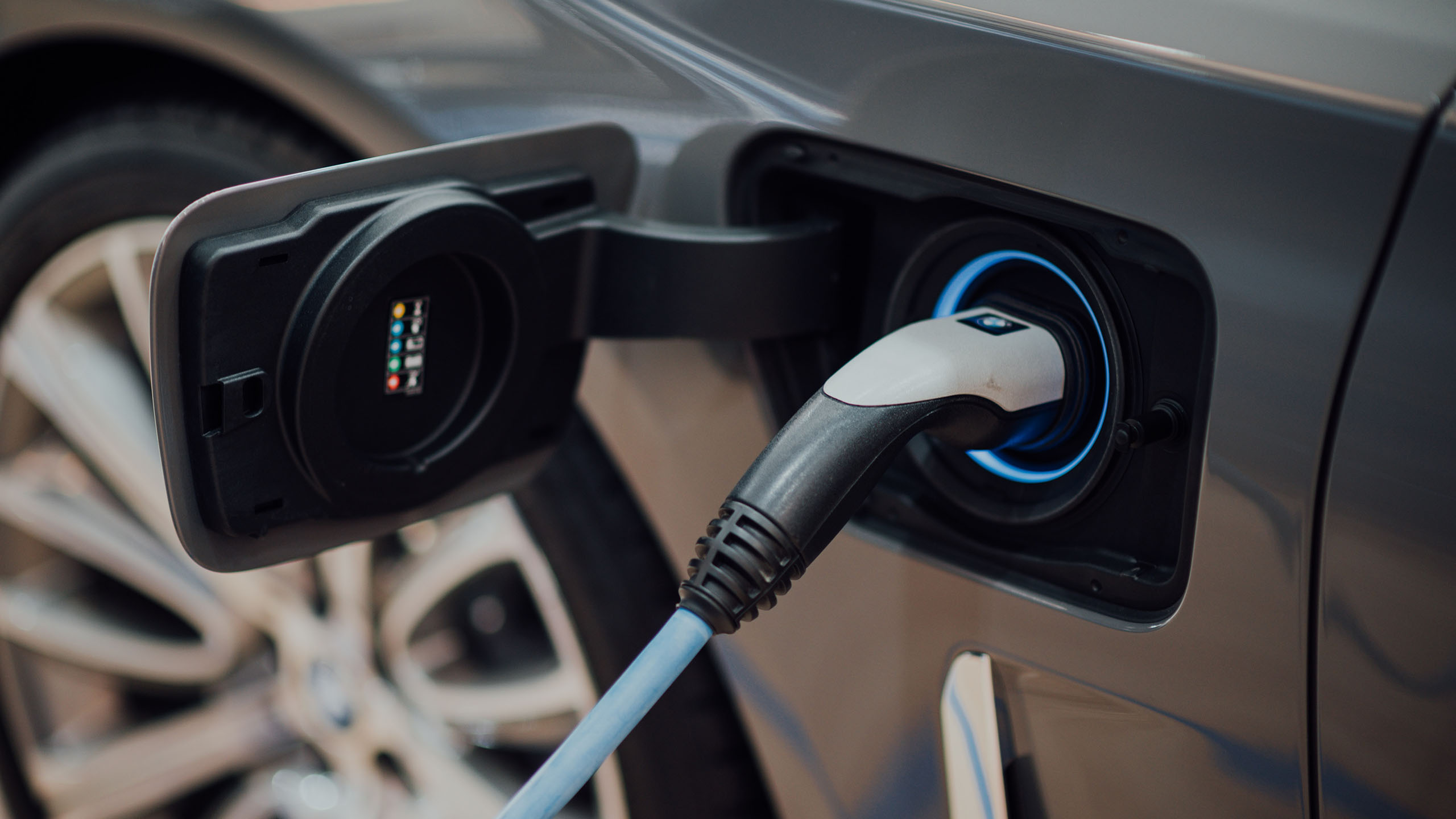How Much Does it Cost to Recharge an Electric Car With Solar Power?

In recent years, there's been a growing awareness of our environmental impact and the importance of reducing our carbon footprint. As a result, electric vehicles (EVs) are becoming increasingly popular as an alternative to traditional gasoline or diesel-powered cars.
While EVs are still relatively new to the market, they're quickly gaining traction. However, many people still have unanswered questions about how these vehicles function and what it takes to keep them running.
For example, can you power an electric car using solar energy? And if so, how much does it actually cost to recharge an EV?
Obviously, electric vehicles rely on electricity to operate. This means that they can indeed be charged using solar power, which is a renewable and eco-friendly energy source.
Â
Is It Worth Switching to an Electric Car?
One of the biggest advantages of owning an electric vehicle is the lower operational cost compared to conventional cars. Electricity is typically cheaper than gasoline or diesel, and EVs generally require less maintenance since they have fewer moving parts.
So, how much does it cost to recharge an electric car?
When calculating the cost of charging your EV, it's important to think in terms of pence per kilowatt-hour (kWh) rather than per liter. A kWh represents the amount of energy consumed when using 1,000 watts of electricity over the span of an hour.
In electric vehicles, the size of the battery serves as a measure of its storage capacity, expressed in kWh. The larger the battery capacity, the longer the driving range before needing a recharge.
Currently, the Tesla Model S boasts the largest battery capacity available, and Tesla owners enjoy free access to the extensive Supercharger network across the UK.
Moreover, there are various incentives, grants, and government programs aimed at encouraging the adoption of EVs, such as exemptions from Vehicle Excise Duty and Fuel Duty.
There are multiple ways to charge an electric car, each with varying costs depending on the method and location.
Â
Charging at Home
How much does it cost to recharge an electric car at home?
The most convenient and cost-effective way to charge your EV is to do so at home overnight. By doing this, you ensure that your car is always ready for use during the day.
You can save money by choosing an electricity tariff specifically designed for EV drivers. Energy prices fluctuate, but according to Ofgem, the average domestic electricity rate in the UK is around 28p per kWh. If you drive 8,000 miles annually in your electric car, that could add approximately 2,800 kWh to your utility bill.
If you'd like to learn more about how solar energy could be the ideal solution for charging your electric vehicle, feel free to reach out to our friendly team of experts today.
Â
Charging at Work
How much does it cost to recharge an electric car at your workplace?
The answer to this question can vary significantly based on your employer's commitment to sustainability. Many companies are now eager to contribute positively to the environment and are installing charging stations for employees.
Most workplaces offer free charging as an employee perk, while others may charge a fixed rate. Some locations might implement a time-based pricing model.
Â
Public Charging Points
Thanks to the UK government's commitment to invest £500 million over the next few years in expanding the EV charging infrastructure, more and more public charging points are appearing nationwide. The goal is to ensure that no EV driver is ever more than 30 miles away from a rapid charging station.
What about the cost of recharging at public charging points? Prices vary depending on the network and location. Many local councils also offer pay-per-session options for on-street chargers.
There are different types of public charging stations available. Some are located at supermarkets with slower charging times (such as Pod Point chargers), while others are found in car parks or motorway service areas for faster charging.
At Pod Point chargers, you'll pay around 23p/kWh at Lidl and 24p/kWh at Tesco, which translates to roughly £6-7 for 30 minutes of charging or about 100 miles of range. Rapid charging points at motorway service stations typically cost around £6.50 for a 30-minute or 90-mile charge (assuming a 50kW charge, providing 3.5 miles per kWh).
The Tesla Model S 100D currently holds the title of the largest electric car battery on the market, with a capacity of 100 kWh. At 24p per kWh at a Tesco charging point, fully charging this vehicle would cost £24.00, providing an estimated range of 335 miles.
Today, there are numerous smartphone apps designed to help locate nearby charging stations. These apps not only show the locations but also provide details on pricing and availability—some even indicate whether charging is free.
These apps are typically free to download, and many UK public EV charging networks also offer RFID electric car charging cards. While these cards work with older charging points, newer stations often support smartphone apps as well.
Â
Charging Your Car with Solar Power
Of course, there’s another option beyond all the previously mentioned methods. If you’re looking to take your commitment to sustainability a step further, charging your electric vehicle with solar energy is an excellent choice.
But how much does it cost to recharge an electric car using solar power? The answer depends on the size of your battery and your specific requirements. For a personalized quote, don’t hesitate to contact us here at Project Solar, and we’ll be delighted to assist you on your journey toward solar-powered mobility.
Steering Components,Bushing,Steering Oil Tank,Busbar Support Assem
Ningbo Yongxin Auto Parts Co., Ltd. , https://www.yongxinautoparts.com